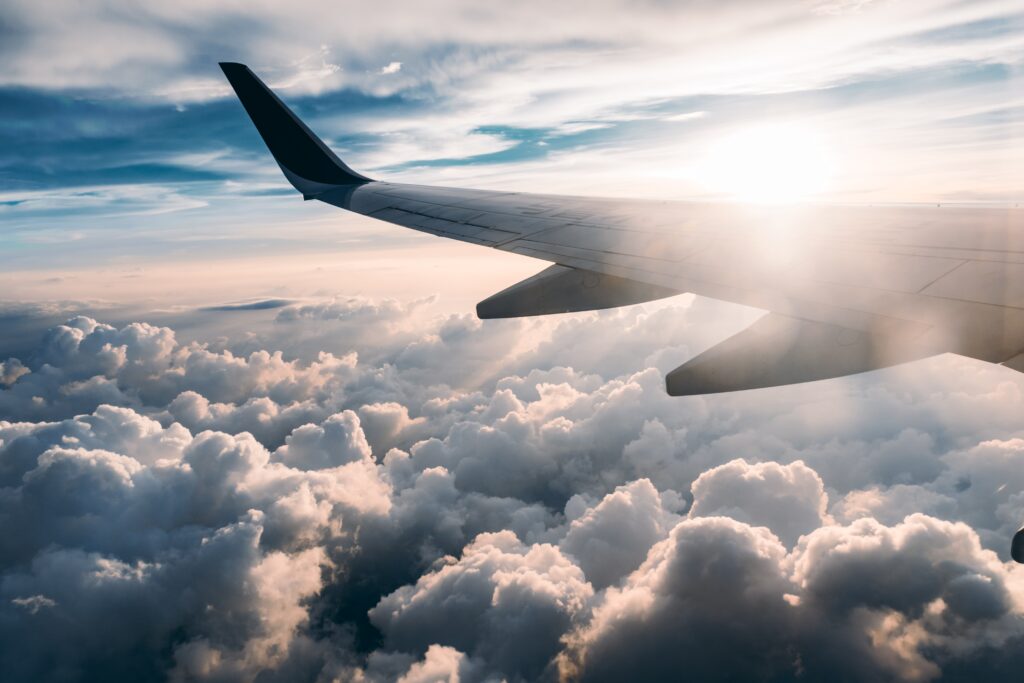Between cancellations, inflation, and the lingering impact of the pandemic, it’s been a rough year for the airline industry. Unsurprisingly, customer satisfaction plummeted by 8% at the end of 2022, when cancellations ran rampant. However, the industry overall had a positive year, increasing 1% over 2021 for a score of 76.
The airline industry has faced a rocky road in the last few years. What sets the airlines apart is their commitment to customers and ability to deliver consistent, frictionless experiences. Traveling can be stressful, but it doesn’t have to be if airlines prioritize customer experience.
Best of the Fleet: Alaska
Alaska Airlines earned the top spot in the competitive airline ACSI category after increasing its score by 8% from last year to a solid 81.
Alaska is a quiet underdog in the airline industry. With routes predominantly focused on the west coast and Alaska, the airline often flies under the radar while securing recognition for its customer service. What makes the Alaska experience unique? Consistency and caring. Since the pandemic, Alaska has made a concerted effort to streamline its already top-tier experience by removing roadblocks and adding meaningful solutions and services.
That means offering more contactless check-in and bag check options, communicating across multiple channels based on each passenger’s preference (text, email, or app), and knowing what matters to customers. Alaska doesn’t try to reinvent the wheel or offer things customers don’t want–it understands its customers so well it can concentrate on excelling in the areas that matter most, including on-time flights, a solid baggage system, and an industry-leading loyalty program.
And Alaska does it all by caring for individual passengers. All employees are trained to “Connect first, then decide how to act.” The focus on human connection showcases empathy and helps customers feel like people, not seat numbers.
Southwest is Still Learning
Southwest Airlines only saw its ACSI score drop 1%, down to 78, which puts it in a tie for second place with American Airlines. Those results are stunning after the numerous times Southwest has been in the news lately for canceling thousands of flights due to faulty technology and poor leadership. Other airlines recovered fairly quickly from winter storms, but Southwest was significantly disrupted for days. The reason? A weak technological backend and a point-to-point hub model that quickly crumbled. Then, months later, widespread outages caused by technical issues occurred again.
Although Southwest has many features that customers love, such as low fares, personalized service, and no hidden fees, it fails to meet its full potential because of a foundational lack of digital solutions and an accountant CEO more focused on the bottom line than on customers.
Consistency matters to customers, especially when traveling. Luckily, Southwest had plenty of goodwill banked that its multiple snafus didn’t significantly impact its ACSI score. Southwest does so many things right and still faced significant challenges, which shows the importance of a comprehensive customer strategy.
The airline industry is unpredictable, and many factors are outside an airline’s control. But great airlines focus on what they can control by putting customers first and building a solid foundation to withstand even the greatest challenges.
_________________
Blake Morgan is a customer experience futurist and the bestselling author of The Customer of the Future. For regular updates on customer experience, sign up for her weekly newsletter here.

